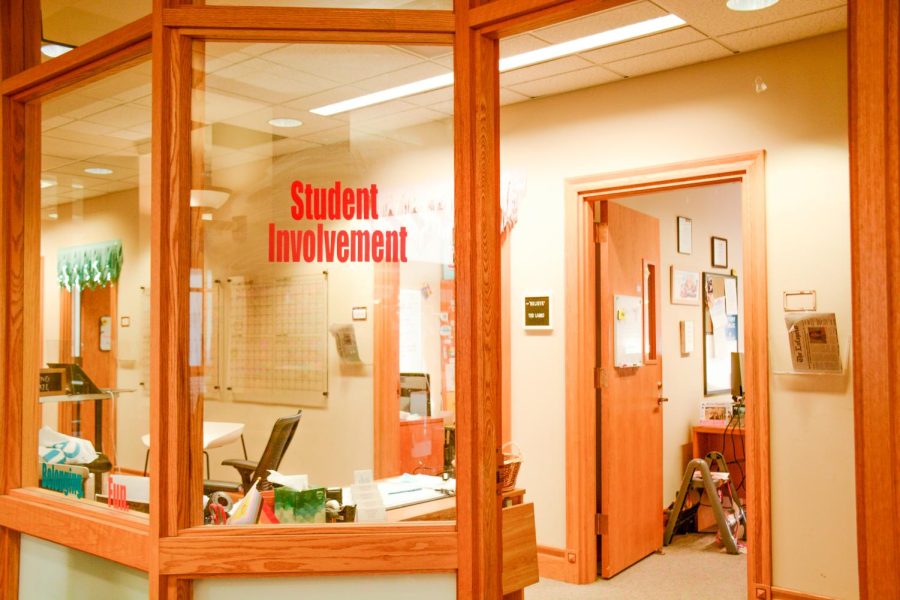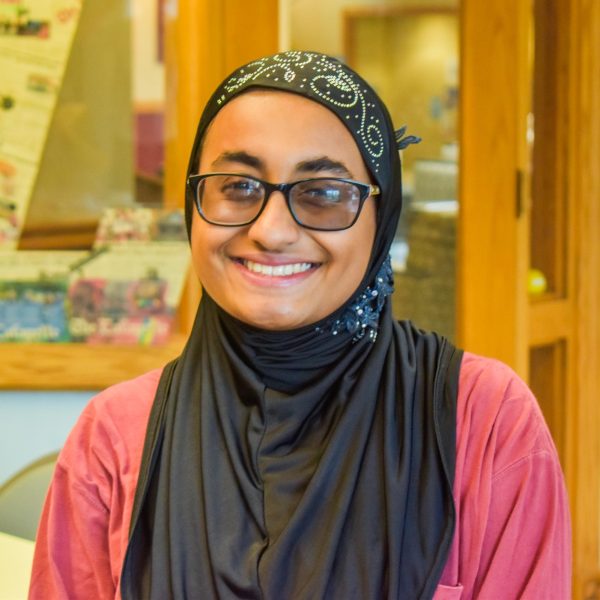All clubs must have at least 20 active members and a full-time college employee advising them according to a new policy released by the Office of Student Involvement. The new requirements are set to go into effect for the fall semester.
Hannah Macarchuk ’26, the secretary of WJRH, expressed concern for clubs that may not meet the member requirement.
“For a club that doesn’t have 20 people, and the people in the club are super passionate about it, it kind of leads them back to the drawing board,” Macarchuk said.
In addition to the membership and advisor requirements, clubs also must have at least four executive officers and the 20 active members listed on OurCampus. They must also re-register on OurCampus and update their constitutions, and at least two representatives from each club must also attend a mandatory leadership training program on April 26 from 6 p.m. to 7:30 p.m. in Colton Chapel.
“I don’t think it’s affected our club that much,” Yuko Tanaka ’26, president of the Ballet Club, said. “But we did have to find a fourth person for the executive board. That was new.”
Madeline Marriott ’24, vice president of the English Club, echoed Tanaka’s sentiments.
“I’m not sure [the requirements] will affect us too much,” Marriott said. “The only thing is that we don’t work officially through OurCampus a lot … so we will probably have to have people sign up on OurCampus.”
Jallalle Noureni ’24, head of marketing for Brothers of Lafayette, said that the organization “already fit all of those requirements, so [the policy] doesn’t have that much of an impact.”
“But I can see that for new, incoming clubs, where they have five to ten members, it might be difficult to be recognized as a club without being established for a while,” he added.
Vannessa Pearson, the director of Student Involvement, wrote in an email that these changes were due to multiple moving factors.
“With the pandemic, administrative staff transitions, and loss of knowledge with the transition from student leader to the student leader, a lot of the student organization requirements have been forgotten about and haven’t been fulfilled,” Pearson wrote.
According to Pearson, there were inconsistencies in communication between certain clubs and the Office of Student Involvement and Student Government, which “didn’t have up-to-date records regarding membership, executive officers.”
Pearson met with the Student Government’s Standing Committee on Student Organizations to get its input and recommendations regarding the requirements. According to the Student Government Constitution and Bylaws, the committee “make[s] recommendations to the Student Government concerning all changes in [club] constitutions.”
“Most of the requirements are the same as before the pandemic [and] we’re clarifying and resharing what those requirements are,” Pearson wrote. “It’s incredibly important that student organizations are student-run and all decisions are made by students.”
Pearson wrote that the decision to add a requirement for an advisor came from a need for clubs to have additional logistical supervision.
“We also realize that being a leader of a student organization is a big responsibility with a lot to manage, so the role of the advisor is to serve as a resource and provide advice on risk management, finances, and other topics that might not be as familiar to students.”
Christo Maheras ’26, the chairman of the Student Organizations Committee of Student Government, said that the main problem with the current requirements is the “lack of a filter” on clubs. He noted that clubs having many inactive members becomes a problem when it’s time for the budgets, as the goal is “for clubs to actively seek new members, rather than them to keep dwindling.”
Student Government works with the Office of Student Involvement directly to make sure that the clubs are recognized by both organizations and that it can see which clubs need funding. Maheras said that he advocated for leniency regarding the 20-member requirement, especially with newer clubs or ones that fall short of the requirement.
“Being an active member in a student organization in most clubs is just having your name on OurCampus, and that’s easy enough for most clubs to do,” Maheras said.
Maheras anticipates a small amount of backlash and is looking forward to discussing concerns with students.
“The pushback is going to be natural. I want to be able to talk to any club, in fact, I’d encourage any club to reach out to me,” Maheras said. “I’d invite any questions and pushback clubs have because that’s how we become better.”
Jenny Davis ’26 and Selma O’Malley ’26 contributed reporting.
Culture Editor Madeline Marriott ’24 did not contribute writing or reporting.



















































































































